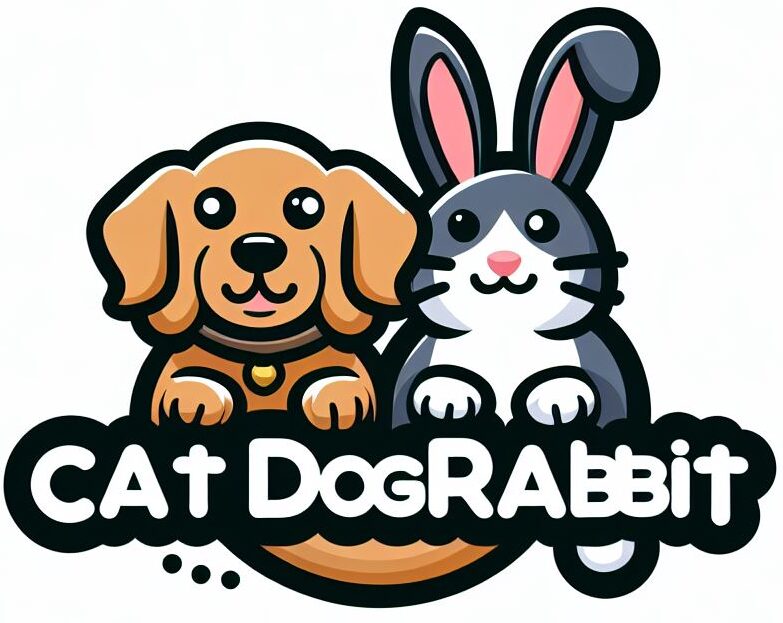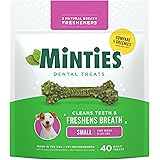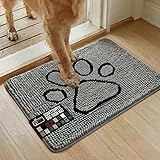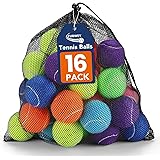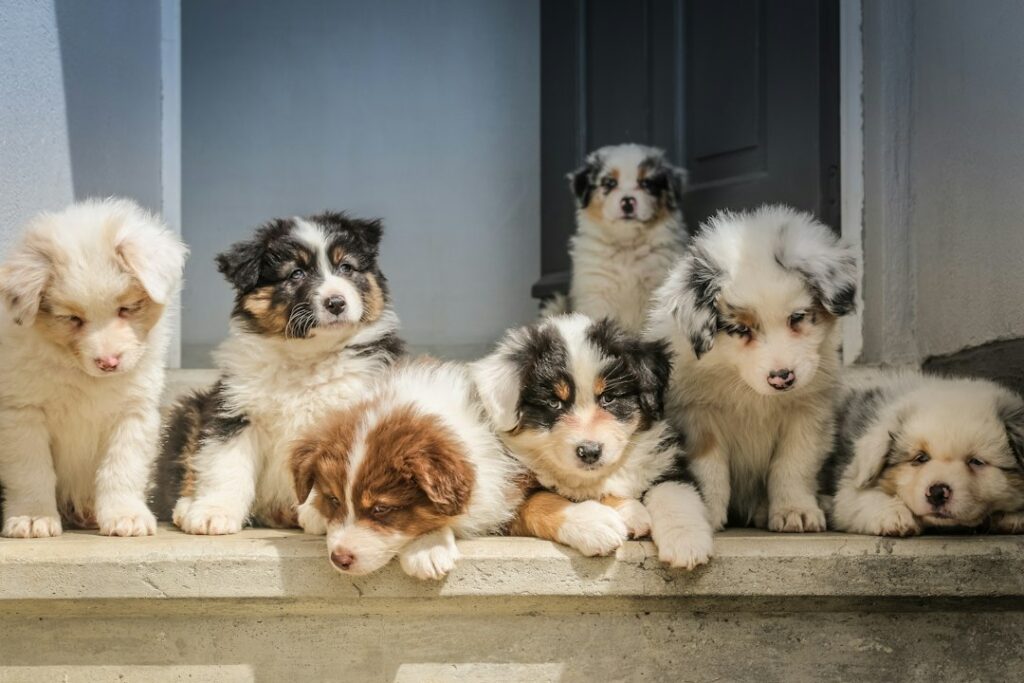
nunubaby Washable Pee Pads for Dogs, Stylish, Non-Slip and Leak-Proof Pee Mat. ultra-absorbent Reusable potty pad for Crates and Floors.(Cream/Multi, 18" x24" )
$8.42 (as of 02/08/2026 14:12 GMT +00:00 - More infoProduct prices and availability are accurate as of the date/time indicated and are subject to change. Any price and availability information displayed on [relevant Amazon Site(s), as applicable] at the time of purchase will apply to the purchase of this product.)Milk-Bone Soft & Chewy Dog Treats, Beef & Filet Mignon Recipe, 25 Ounce
$14.47 (as of 02/08/2026 14:07 GMT +00:00 - More infoProduct prices and availability are accurate as of the date/time indicated and are subject to change. Any price and availability information displayed on [relevant Amazon Site(s), as applicable] at the time of purchase will apply to the purchase of this product.)Probiotics for Dogs - Dog Probiotics for Yeast, Itchy Skin and Itchy Ears, Digestive Health, Diarrhea Relief, Gut & Immune Support - with 7 Enzymes, 3 Prebiotics & Omega-3 (Duck 30ct)
$9.99 (as of 02/08/2026 14:07 GMT +00:00 - More infoProduct prices and availability are accurate as of the date/time indicated and are subject to change. Any price and availability information displayed on [relevant Amazon Site(s), as applicable] at the time of purchase will apply to the purchase of this product.)Puppy Pads with pheromones, 2026 Upgraded Washable Puppy Pads for Dogs & Cats, Pee Pad - Leak & Odor Waterproof, Non-Slip Base, Easy to Clean & Reusable (Brown-A, M: 27.6" × 31.5")
$46.99 (as of 02/08/2026 14:07 GMT +00:00 - More infoProduct prices and availability are accurate as of the date/time indicated and are subject to change. Any price and availability information displayed on [relevant Amazon Site(s), as applicable] at the time of purchase will apply to the purchase of this product.)Greenies Occupy Twists Natural Dog Treats Large Breed Size Dog Chews Long Lasting Chicken Flavor, 8.55 oz. Pack, 4 Count
$10.51 (as of 02/08/2026 14:07 GMT +00:00 - More infoProduct prices and availability are accurate as of the date/time indicated and are subject to change. Any price and availability information displayed on [relevant Amazon Site(s), as applicable] at the time of purchase will apply to the purchase of this product.)DUMOS Dog Stairs Ramp for Small Dogs and Cats, 5-Step Curved Pet Dog Steps with High-Density Foam for Puppy and Older Cats, Indoor Non-Slip Pet Ladder Ramp Stairs for Couch, High Beds, Sofa, Car, Grey
$49.99 (as of 02/08/2026 14:07 GMT +00:00 - More infoProduct prices and availability are accurate as of the date/time indicated and are subject to change. Any price and availability information displayed on [relevant Amazon Site(s), as applicable] at the time of purchase will apply to the purchase of this product.)Blue Buffalo Be Mine Bars Heart-Shaped Healthy & Crunchy Dog Biscuits, Natural Valentine’s Dog Treats, Baked with Oatmeal & Cinnamon, 11-oz Bag
$4.99 (as of 02/08/2026 14:07 GMT +00:00 - More infoProduct prices and availability are accurate as of the date/time indicated and are subject to change. Any price and availability information displayed on [relevant Amazon Site(s), as applicable] at the time of purchase will apply to the purchase of this product.)Minties Dog Dental Bone Treats, Tiny/Small Dental Dog Treats, 16 Ounces, Cleans Teeth, Fight Bad Breath, Removes Plaque and Tartar, 40 Count
$9.94 (as of 02/08/2026 14:07 GMT +00:00 - More infoProduct prices and availability are accurate as of the date/time indicated and are subject to change. Any price and availability information displayed on [relevant Amazon Site(s), as applicable] at the time of purchase will apply to the purchase of this product.)Earth Rated Poop Bags for Dogs, Guaranteed Leak Proof and Extra Thick Waste Bag Refill Rolls, Lavender Scented, 270 Bags
$13.99 (as of 02/08/2026 14:07 GMT +00:00 - More infoProduct prices and availability are accurate as of the date/time indicated and are subject to change. Any price and availability information displayed on [relevant Amazon Site(s), as applicable] at the time of purchase will apply to the purchase of this product.)Getting a new puppy is an exciting and joyful experience. The arrival of a furry friend brings so much happiness and love into our lives. From the moment they enter our homes, puppies have a way of melting our hearts and becoming an integral part of our families. In this article, we will explore the journey of getting a new puppy and all the wonderful experiences that come with it.
Key Takeaways
- A new furry friend can bring joy and excitement to your life.
- The first few days with your puppy are crucial for building a strong bond.
- Proper puppy care includes feeding, sleeping, and potty training.
- Playtime is important for your puppy’s physical and mental health.
- Socializing your puppy with other dogs and people is essential for their development.
The Arrival of a New Furry Friend: Meet the 4-Week-Old Puppy
The day finally arrived when I brought home my new puppy. It was love at first sight. This adorable little ball of fur was only four weeks old, and I couldn’t wait to start this new chapter in our lives together. I named him Max, and from that moment on, he became my constant companion.
Max was a mixed breed with beautiful brown eyes and a playful personality. He had a soft coat that begged to be cuddled, and his tiny paws were just too cute for words. As soon as I held him in my arms, I knew that we were meant to be together.
The First Few Days: Getting to Know Your Adorable Puppy
The first few days with Max were filled with excitement and getting to know each other. It was important for me to establish a routine and create a safe and comfortable environment for him. We spent a lot of time bonding, playing, and exploring our new surroundings.
During these initial days, Max was still adjusting to his new home and getting used to his surroundings. He would often whimper at night, so I made sure to create a cozy sleeping area for him with a soft bed and some toys to keep him company. We also started working on potty training right away, which required patience and consistency.
Puppy Care 101: Feeding, Sleeping, and Potty Training
| Topic | Recommendation |
|---|---|
| Feeding | Feed your puppy 3-4 small meals a day with a balanced diet of protein, carbohydrates, and fats. |
| Sleeping | Puppies need 18-20 hours of sleep a day, provide a comfortable and quiet sleeping area. |
| Potty Training | Take your puppy outside every 2-3 hours, praise them when they go potty outside, and establish a consistent routine. |
Taking care of a puppy involves several essential aspects, including feeding, sleeping, and potty training. It is crucial to provide your puppy with a balanced diet that meets their nutritional needs. Consult with your veterinarian to determine the appropriate type and amount of food for your puppy’s age and breed.
Establishing a regular feeding schedule is also important to help your puppy develop healthy eating habits. Make sure to provide fresh water at all times and monitor their food intake to prevent overeating or obesity.
In terms of sleeping arrangements, puppies need a quiet and comfortable space where they can rest undisturbed. Create a designated area for your puppy’s bed or crate, and make it cozy with blankets or a soft mat. This will help them feel secure and promote better sleep.
Potty training can be a challenging process, but with consistency and positive reinforcement, your puppy will learn quickly. Take your puppy outside frequently, especially after meals or naps, and reward them with praise or treats when they eliminate in the appropriate spot. Accidents may happen, but it’s important not to scold or punish your puppy as this can create fear or anxiety.
Playtime Galore: Fun Activities to Keep Your Puppy Entertained
Puppies have boundless energy and need plenty of exercise and mental stimulation to keep them happy and healthy. Engaging in playtime activities is not only fun for your puppy but also helps strengthen the bond between you.
There are numerous activities you can do with your puppy to keep them entertained. Playing fetch with a ball or a frisbee is a classic game that most dogs enjoy. You can also try hide-and-seek games by hiding treats around the house for your puppy to find.
Interactive toys, such as puzzle toys or treat-dispensing toys, are great for mental stimulation. These toys challenge your puppy’s problem-solving skills while rewarding them with treats.
Additionally, socializing your puppy with other dogs is crucial for their development. Arrange playdates with other friendly and vaccinated dogs to help your puppy learn proper social skills and build confidence.
Puppy Socialization: Introducing Your Puppy to Other Dogs and People

Socializing your puppy is an essential part of their upbringing. It helps them become well-adjusted and confident dogs in the future. Introduce your puppy to different people, including children, adults, and seniors, to ensure they are comfortable around all types of individuals.
When introducing your puppy to other dogs, choose calm and friendly dogs that are up-to-date on vaccinations. Start with short and supervised interactions, gradually increasing the duration as your puppy becomes more comfortable. Positive reinforcement, such as treats or praise, can help create positive associations with new experiences.
Expose your puppy to various environments, such as parks, busy streets, or pet-friendly stores. This will help them become accustomed to different sights, sounds, and smells. Remember to always prioritize your puppy’s safety and well-being during socialization experiences.
Learning New Tricks: Basic Training for Your Cute Canine
Training your puppy is not only about teaching them basic commands but also about building a strong foundation for their behavior and obedience. Start with simple commands like “sit,” “stay,” and “come.” Use positive reinforcement techniques such as treats or praise to reward your puppy when they successfully perform a command.
Consistency is key when it comes to training. Set aside dedicated training sessions each day and keep them short and focused. Use clear and concise cues, and be patient with your puppy as they learn at their own pace.
Enrolling in a puppy training class can also be beneficial. These classes provide professional guidance and allow your puppy to socialize with other dogs in a controlled environment.
Remember that training should be a positive experience for both you and your puppy. Avoid using punishment or harsh methods as this can damage the trust between you and hinder their progress.
Health and Wellness: Keeping Your Puppy Happy and Healthy
Keeping your puppy healthy and happy is of utmost importance. Regular veterinary check-ups are essential to monitor your puppy’s growth, administer vaccinations, and address any health concerns. Your veterinarian can also provide guidance on nutrition, parasite prevention, and dental care.
Exercise is crucial for your puppy’s physical and mental well-being. Take your puppy for daily walks or play sessions to help them burn off excess energy. The amount of exercise required will depend on your puppy’s breed and age, so consult with your veterinarian for specific recommendations.
Maintaining good hygiene is also important for your puppy’s health. Regularly brush their coat to prevent matting and keep their skin clean. Trim their nails regularly to prevent overgrowth or discomfort. Brushing their teeth regularly can help prevent dental issues such as tartar buildup or gum disease.
Adventures in the Great Outdoors: Exploring the World with Your Puppy
Exploring the great outdoors with your puppy can be a wonderful experience for both of you. It allows them to experience new sights, smells, and sounds while providing an opportunity for exercise and mental stimulation.
Take your puppy on hikes or nature walks to expose them to different environments. Make sure to keep them on a leash and use a harness for added safety. Bring water and snacks for both you and your puppy, and take breaks when needed.
If you live near a beach or a dog-friendly park, take advantage of these spaces to let your puppy run and play off-leash. Always ensure that the area is safe and secure before allowing your puppy to roam freely.
Remember to consider your puppy’s age, breed, and physical capabilities when planning outdoor activities. Avoid strenuous activities that may be too demanding for a young or small breed puppy.
Capturing Memories: Photographing Your Puppy’s Adorable Moments
Puppies grow up so quickly, and capturing their adorable moments through photography is a great way to preserve those memories. Here are some tips to help you take great photos of your puppy:
1. Natural Lighting: Use natural light whenever possible. Avoid using flash as it can startle your puppy and create harsh shadows.
2. Get Down to Their Level: Get on the same level as your puppy to capture their perspective. This will result in more engaging and intimate photos.
3. Patience is Key: Puppies are full of energy and may not sit still for long. Be patient and wait for the right moment to capture that perfect shot.
4. Use Props and Toys: Incorporate your puppy’s favorite toys or props into the photoshoot to add personality and create a playful atmosphere.
5. Candid Moments: Some of the best photos are captured when your puppy is engaged in natural behaviors or expressions. Be ready to snap those candid moments.
Remember to have fun during the photoshoot and make it a positive experience for your puppy. Treats or toys can be used as rewards for their cooperation.
Growing Up: Watching Your Puppy Grow into a Happy and Healthy Dog
As your puppy grows, their needs will change, and it’s important to adapt your care accordingly. Provide them with age-appropriate food and adjust their feeding schedule as recommended by your veterinarian.
Continue with their training and socialization to ensure they develop into well-behaved adult dogs. Consider enrolling in advanced training classes or engaging in activities such as agility or obedience trials.
Regular exercise remains crucial for adult dogs as well. Maintain a consistent exercise routine that suits your dog’s breed, age, and energy level.
Monitor your dog’s health closely and schedule regular check-ups with your veterinarian. Keep up with vaccinations, parasite prevention, and dental care to ensure their overall well-being.
Getting a new puppy is an incredible journey filled with love, joy, and countless memories. Embrace the experience and make the most of your time together. Cherish every moment, from the first day they enter your home to watching them grow into a happy and healthy adult dog. Remember to provide them with proper care, training, and socialization to ensure they become well-rounded and well-behaved companions. Enjoy the adventure of raising a puppy and treasure the unconditional love they bring into your life.
FAQs
What is the average weight of a 4-week old puppy?
The average weight of a 4-week old puppy varies depending on the breed, but it is usually between 1 and 4 pounds.
What should a 4-week old puppy eat?
A 4-week old puppy should still be nursing from its mother, but it can also start to eat soft puppy food that is specifically formulated for its age.
How often should a 4-week old puppy be fed?
A 4-week old puppy should be fed small meals every 3-4 hours throughout the day and night.
When should a 4-week old puppy start to be potty trained?
A 4-week old puppy is too young to be potty trained and will still need to rely on its mother to clean up after it.
What vaccinations does a 4-week old puppy need?
A 4-week old puppy is too young to receive any vaccinations and will need to wait until it is at least 6-8 weeks old before it can start its vaccination schedule.
How much sleep does a 4-week old puppy need?
A 4-week old puppy will sleep for most of the day and night, usually around 18-20 hours a day.
